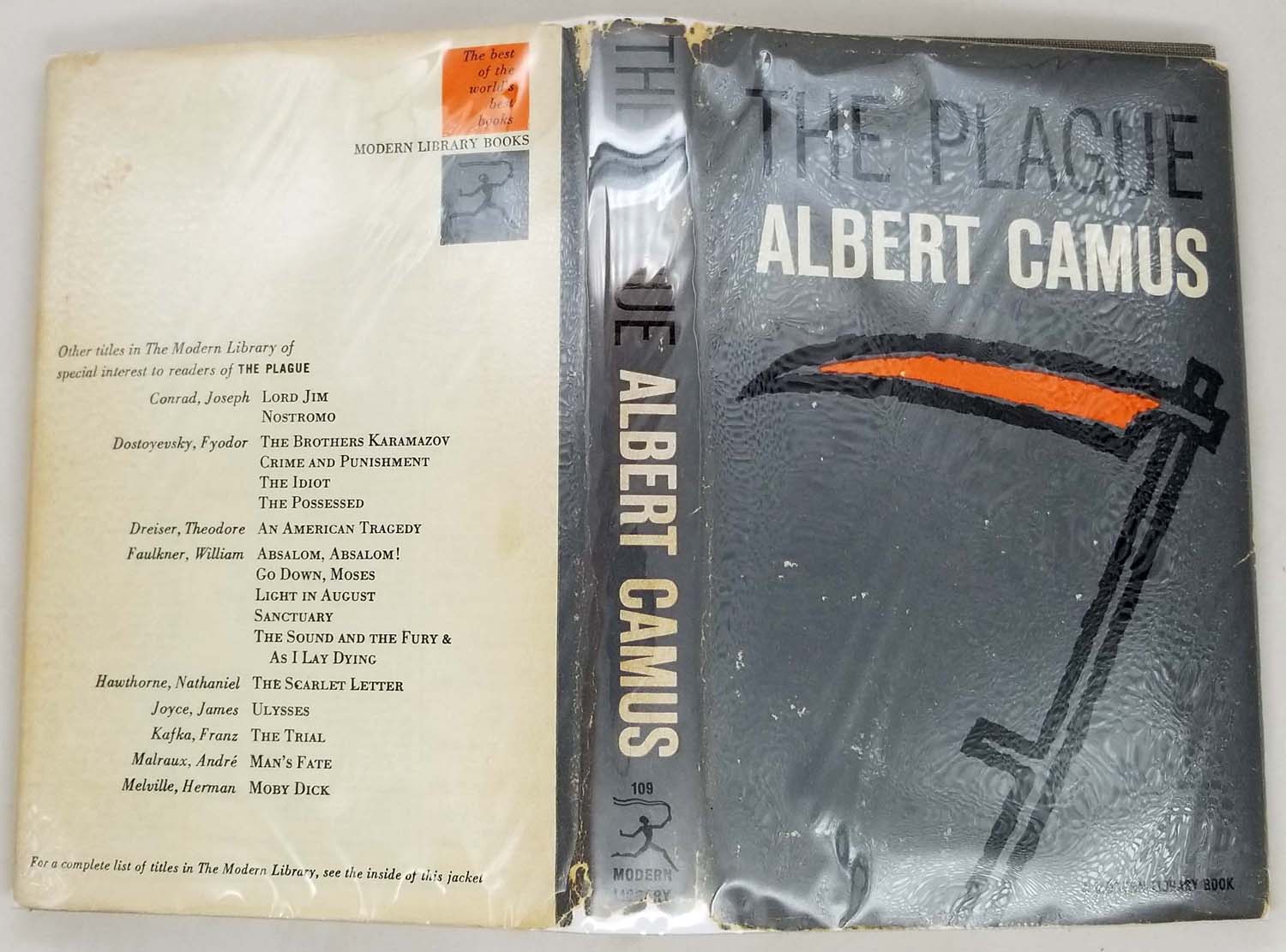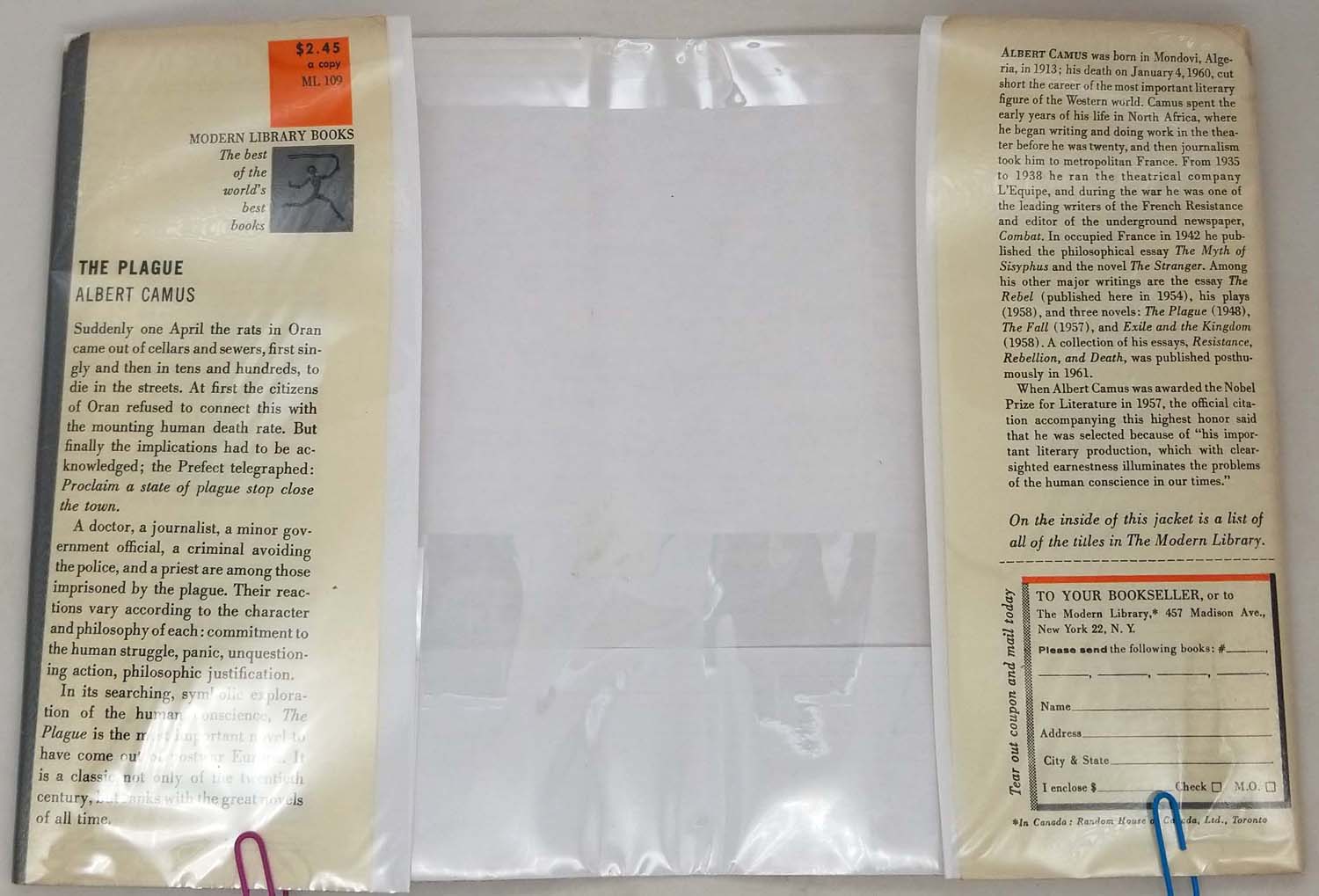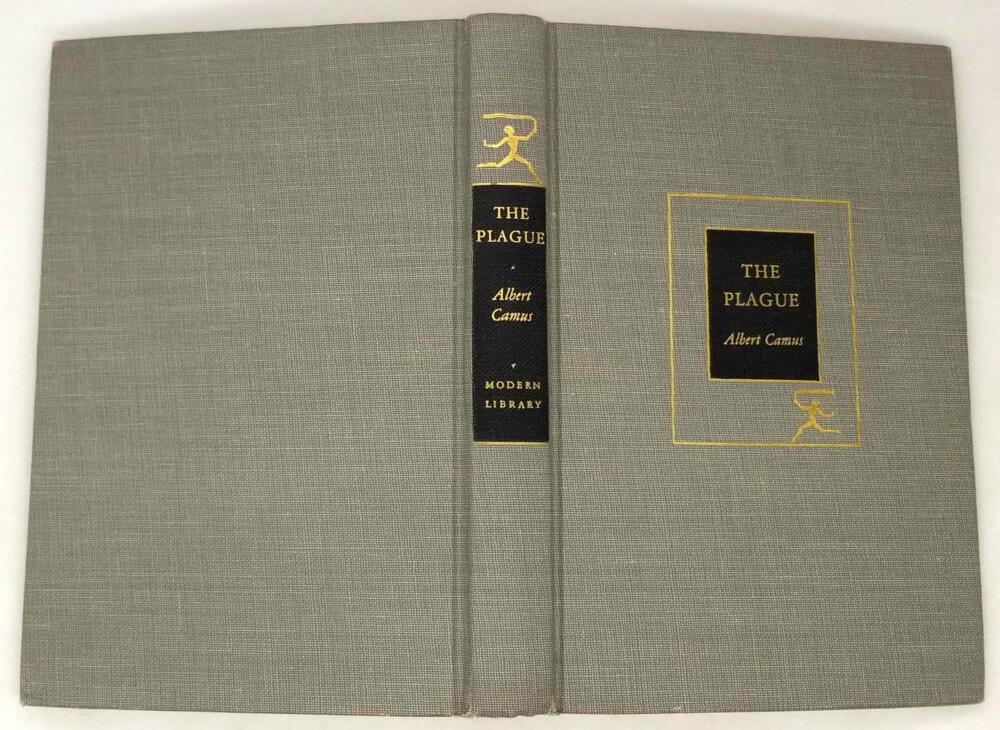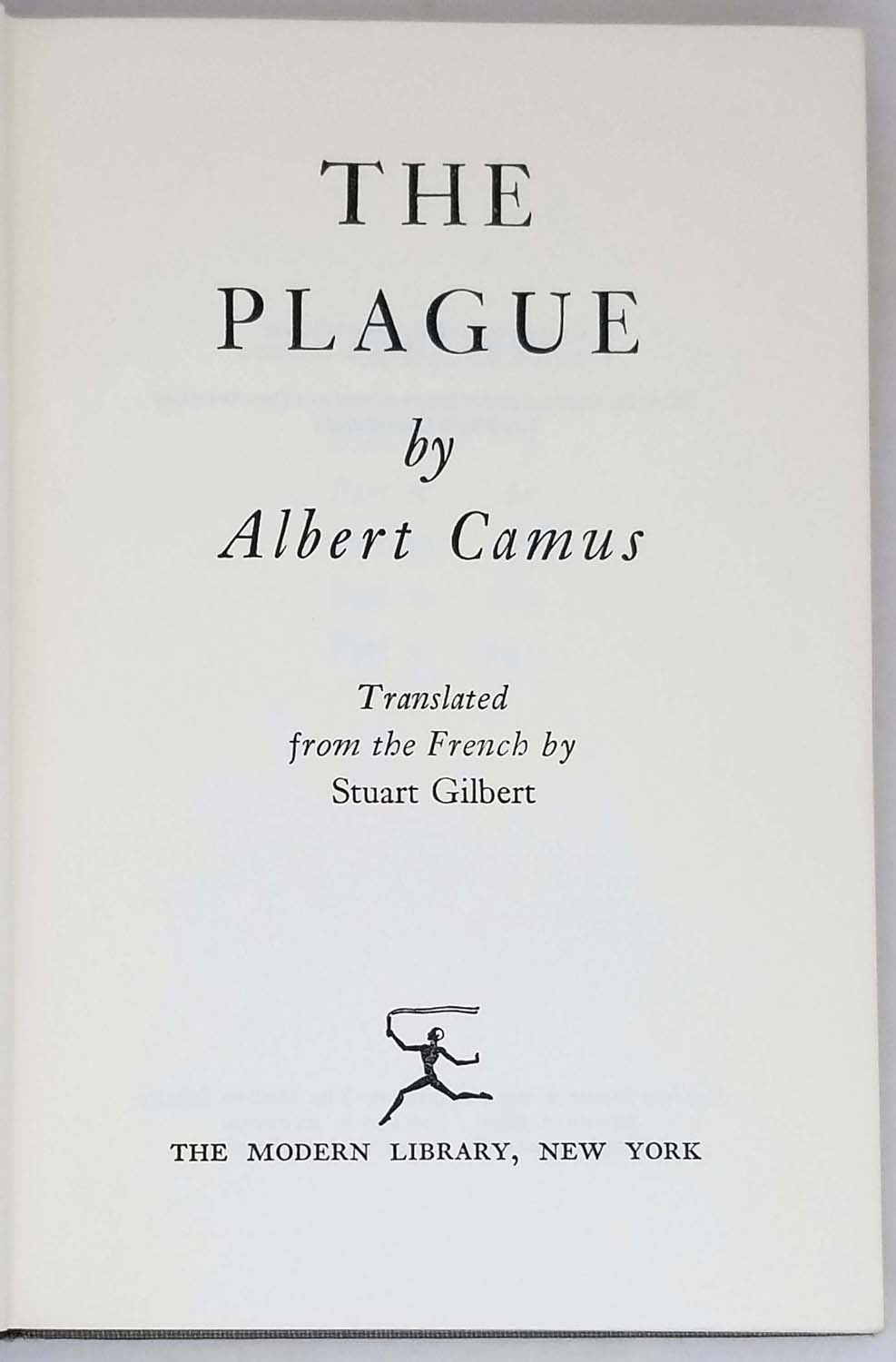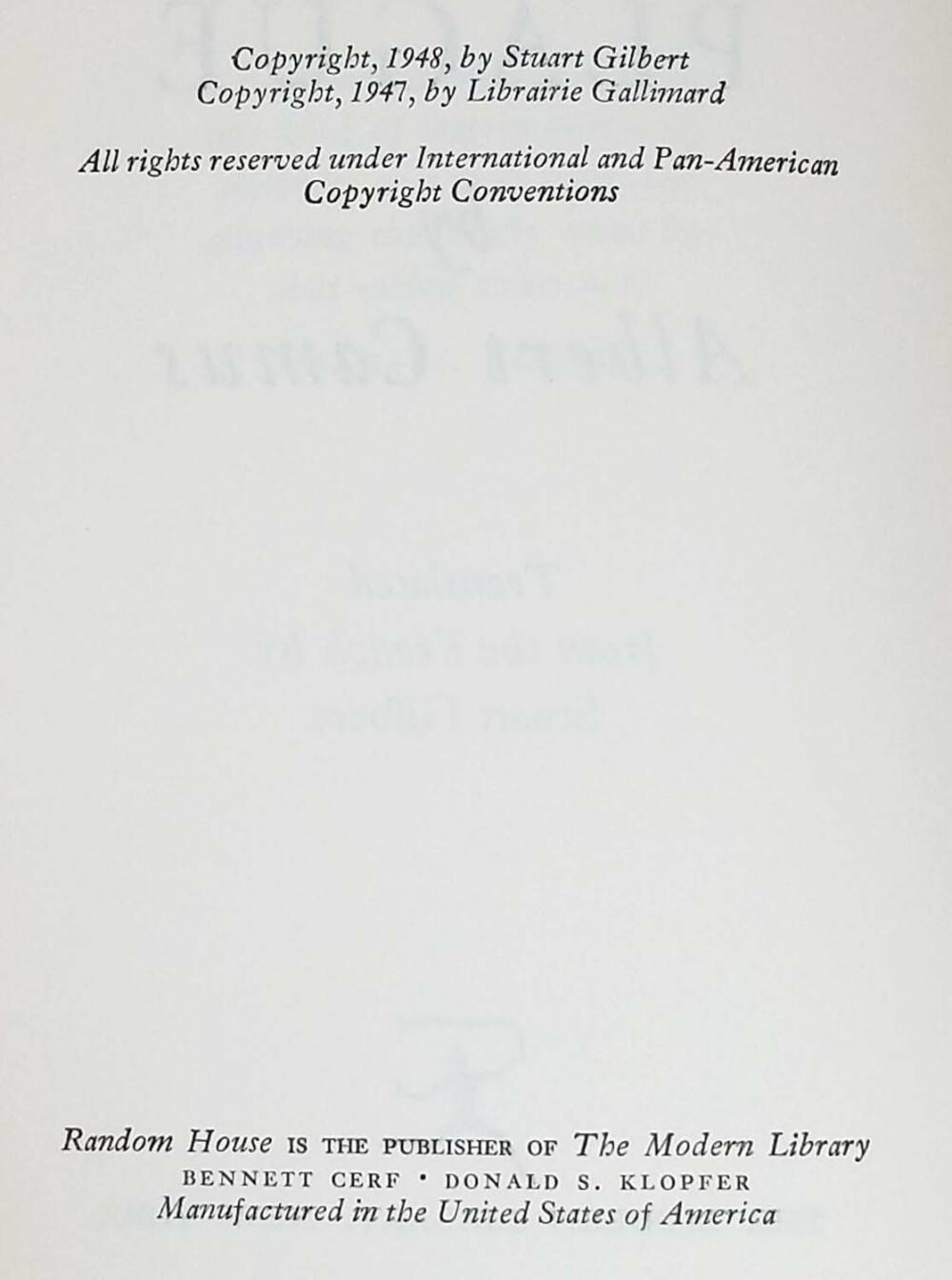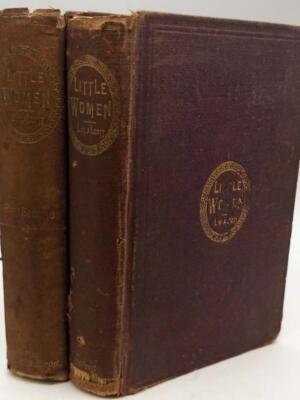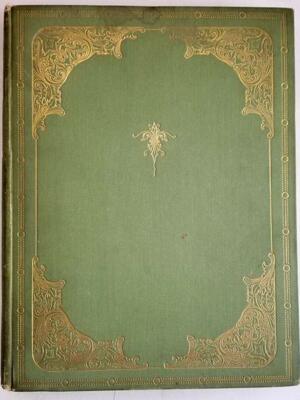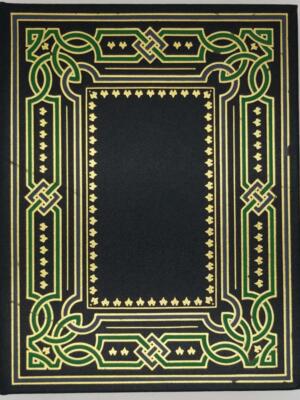The Plague (1947) by Albert Camus is a profound existential allegory masquerading as a gripping epidemic thriller. Set in the Algerian city of Oran, the novel chronicles the sudden outbreak of bubonic plague and the varied responses of its citizens—from the tireless Dr. Rieux, who fights the disease with stoic resolve, to the opportunistic Cottard, who profits from the chaos. Camus’s sparse, clinical prose mirrors the absurdity of suffering, while his characters embody philosophical stances: rebellion (Rieux), faith (Paneloux), or escapism (Rambert).
Though often read as a metaphor for Nazi occupation (Camus was a French Resistance journalist), the novel’s exploration of collective resilience and individual meaning transcends its historical moment. A cornerstone of absurdist literature, The Plague asks: How do we find purpose in a world indifferent to our struggles?
